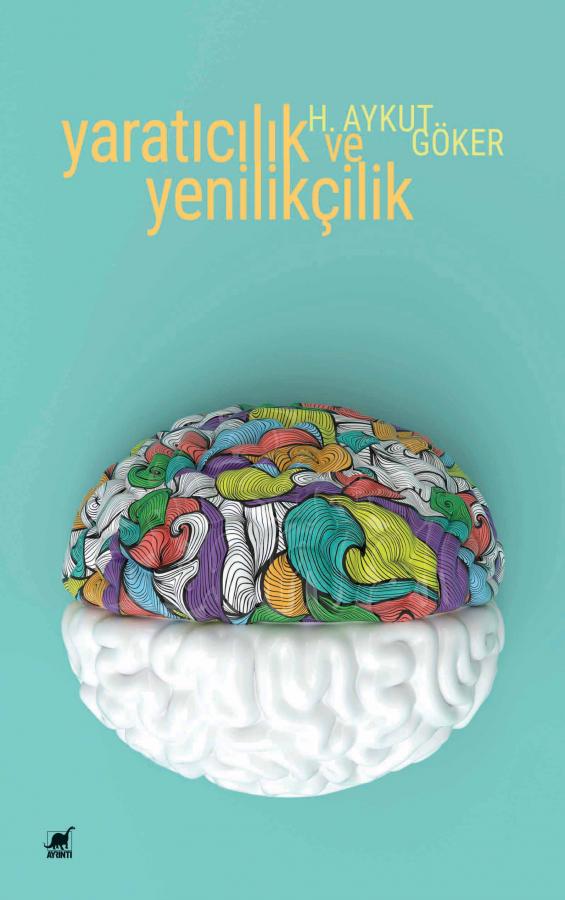
Taymaz, EROL
Bilim Akademisi üyesi Erol Taymaz lisans derecesini 1982’de ODTÜ Makina Mühendisliği Bölümü’nden, yüksek lisans derecesini 1985’de ODTÜ İktisat Bölümü’nden ve doktora derecesini 1989’da Case Western Reserve University (CWRU, Ohio/ABD) İktisat Bölümü’nden aldı. 1982-85 yıllarında Aselsan, 1985-89 yıllarında CWRU, 1989-1992 yıllarında Industrial Research Institute’de (IUI, Stokholm/İsveç) çalıştı.1992’den beri ODTÜ İktisat Bölümü’nde öğretim üyesidir. Sanayi ve teknoloji politikaları, işgücü piyasası politikaları, sınai dinamikler, küçük firma iktisadı, teknik etkinlik ve üretkenlik tahmini, evrimci iktisat ve mikrosimülasyon konularında araştırma faaliyetlerini yürütmektedir.
"The Demand for Researchers: Does Public R&D Support Make a Difference?"
Taymaz, Erol [Department of Economics, Middle East Technical University] and Yeşim Üçdoğruk [Department of Economics, Dokuz Eylül University]
This paper is partly based on an evaluation study on the effects of R&D support programs financed by the Technology Development Foundation of Turkey (1 August 2007).
We estimated demand functions for researchers by using panel data on R&D performing manufacturing firms in Turkey for the period 1993-2001. Estimation results show that R&D support receiving firms increase substantially their demand for researchers.....
"Sınai Yapı, Yapısal Değişim ve Üretkenlik"
Kılıçaslan, Yılmaz [İktisat Bölümü, Anadolu Üniversitesi, Eskişehir ] ve Erol Taymaz [İktisat Bölümü, Orta Doğu Teknik Üniversitesi, Ankara]
"Sınai Yapı, Yapısal Değişim ve Üretkenlik" Bu makalenin son versiyonu İktisat, İşletme ve Finans dergisinde yayımlanmıştır (Sayı 247, Ekim 2006, ss. 5-23). Ekim 2006
Bu makalenin amacı, 1965-1999 dönemi için farklı gelir ve kalkınmışlık düzeyindeki ülkelerin imalat sanayilerini inceleyerek, üretkenlik ve sınai yapı arasındaki ilişkileri saptamaktır. Bu amaçla, öncelikle imalat sanayii üretim ve istihdamının teknolojik yönelime göre evrimi incelenmiş, daha sonra yapısal değişimin üretkenlik artışındaki etkisi araştırılmıştır. İmalat sanayii yapısının teknolojik yönelime göre betimleyici analizi, özellikle hızlı büyüyen ülkelerin sınai yapılarının yüksek teknoloji yoğun ve uzmanlaşmış sektörlere doğru yöneldiğini gösterirken, ayrıştırma (decomposition) analizi özellikle sanayileşmiş ekonomilerin imalat sanayilerindeki yapısal değişimin üretkenlik artışında çok ciddi bir katkısının olmadığını göstermektedir. Bu bulgu, sanayileşmede başarılı olan ülkelerin imalat sanayiinin bütün alt sektörlerinde yüksek üretkenlik artışı sağladığını göstermektedir....
"Who benefits from training and R&D, the firm or the workers?"
Ballot, Gérard [Université Panthéon-Assas (Paris II) and ERMES-CNRS, France], Fathi Fakhfakh [Université Panthéon-Assas (Paris II) and ERMES-CNRS, France], Erol Taymaz [Middle East Technical University, Ankara, Turkey]
Revised version of this paper was published in British Journal of Industrial Relations, Vol. 44, Issue 3, pp. 473-495, September 2006.
The present paper offers a novel study of the effects of intangible assets on wages and productivity. Training, R&D and physical capital are all taken into account, and their joint effects are examined. We use panels of firms in order to control for unobserved fixed effects and the potential endogeneity of training and R&D, using data for France and Sweden. The estimation of productivity and wage equations allows us to show how the benefits of investment in physical capital, training, and R&D are shared between the firm and the workers. We found that firms indeed obtain the largest part of the returns to their investments, but their share is relatively lower for intangible assets (R&D and training) than for physical capital....
"To Innovate or to Transfer? A Study on Spillovers and Foreign Firms in Turkey"
Lenger, Aykut and Erol Taymaz [Department of Economics, Middle East Technical University, Ankara Turkey]
Revised version published in Journal of Evolutionary Economics, vol.16, Numbers 1-2, April 2006, pp. 137-153.
FDI has been considered by many development economists as an important channel for transfer of technology to developing countries. It is suggested that modern, advanced technologies introduced by multinational firms can diffuse to domestic firms through spillovers. In this paper, we study innovation and technology transfer activities of domestic and foreign firms in Turkish manufacturing industries, and the impact of horizontal, vertical and labor spillovers on these activities. Our analysis shows that foreign firms are more innovative than their domestic counterparts, and transfer technology from abroad (mostly from their parent companies). ....
"Transferring the Risk of Failure Entrepreneurship and Firm Dynamics in Turkish Manufacturing
Taymaz, Erol [Department of Economics, Middle East Technical University, Ankara Turkey], Ali Güneş [State Institute of Statistics, Ankara Turkey] and Kenan Orhan [State Institute of Statistics, Ankara Turkey]
A revised version of this paper was published in Enrico Santarelli (ed.), Entrepreneurship, Growth, and Innovation: The Dynamics of Firms and Industries, International Studies in Entrepreneurship, March 2006, Vol. 12, Springer [ISBN-10: 0-387-28868-6 / ISBN-13: 978-0-387-28868-0].
Firm and industry dynamics have received considerable attention in recent years. There are numerous theoretical and empirical studies that shed light on the processes of entry, exit, and growth of firms. These studies show that new firms start small, and small and young firms are less likely to survive. In all countries, a large proportion of new firms survive only a few years. We expect that entrepreneurs are also aware of these stylized facts, and take measures that reduce the costs of (potential) exit.....
"Entrepreneurship, start-up size and selection: Why do small entrepreneurs fail?"
Taymaz, Erol [Department of Economics, Middle East Technical University, Ankara Turkey] and Miyase Y. Köksal [Department of Economics, Göteborg University, SE 405 30 Göteborg, Sweden]
Revised version will be published in a special issue of the Basque Economics Journal Ekonomiaz on “Entrepreneurship and Competitiveness”, 2006
Firm demography has received considerable attention in recent years. There are numerous theoretical and empirical studies that shed light on the dynamics of firm survival and growth. These studies show that new firms start small, small firms are less likely to survive, and small firms grow faster conditional on their survival. These stylized facts on firm dynamics triggered the examination of determinants of survival. The studies in the literature treat start-up size as exogenous to survival....

